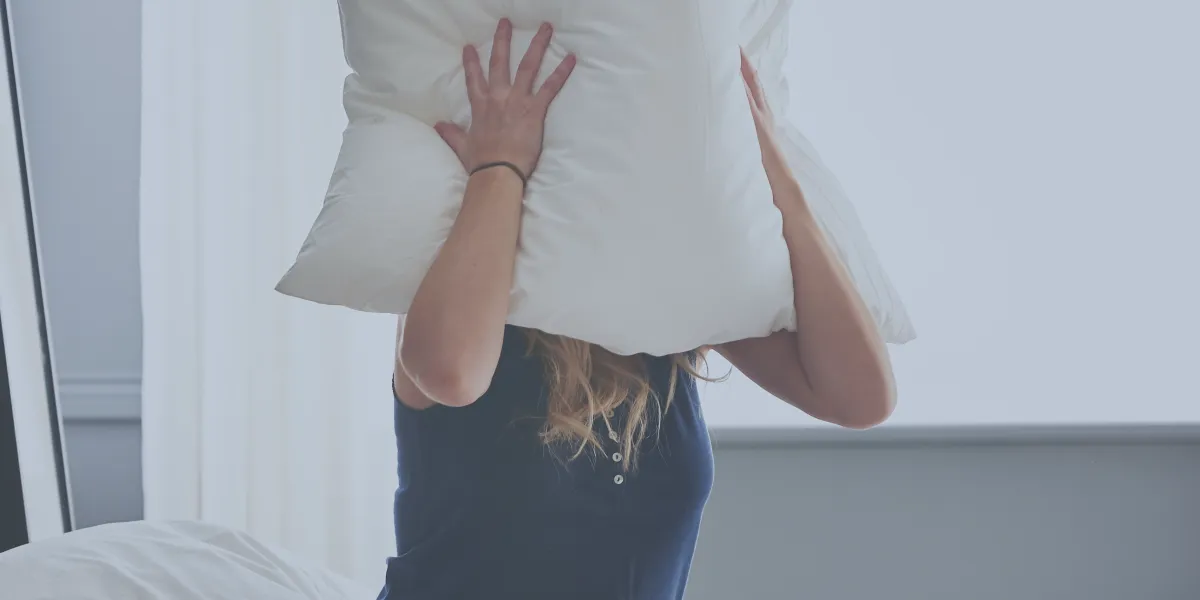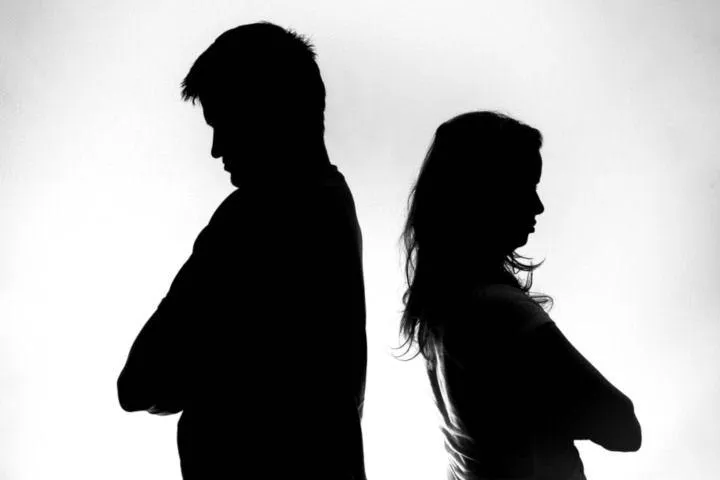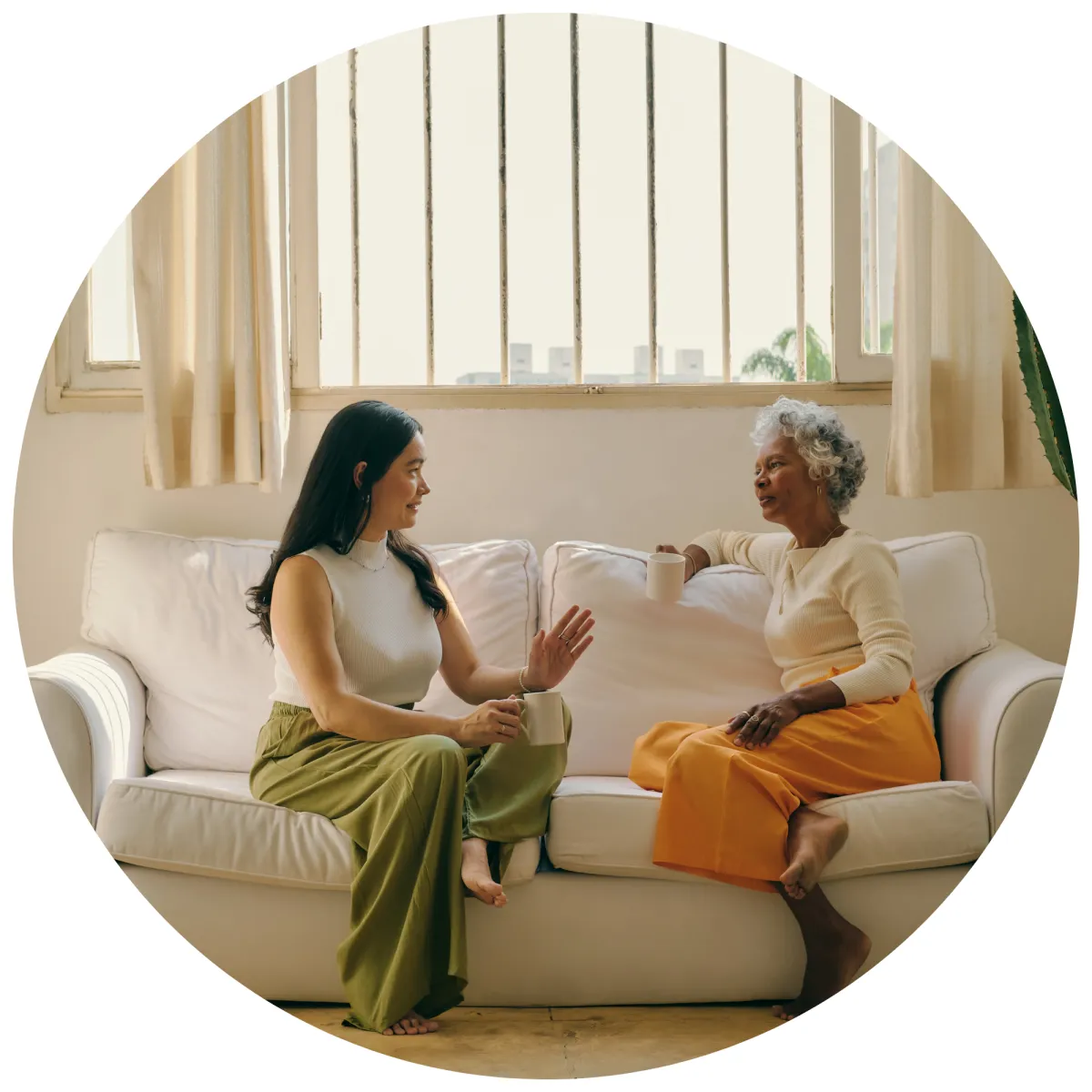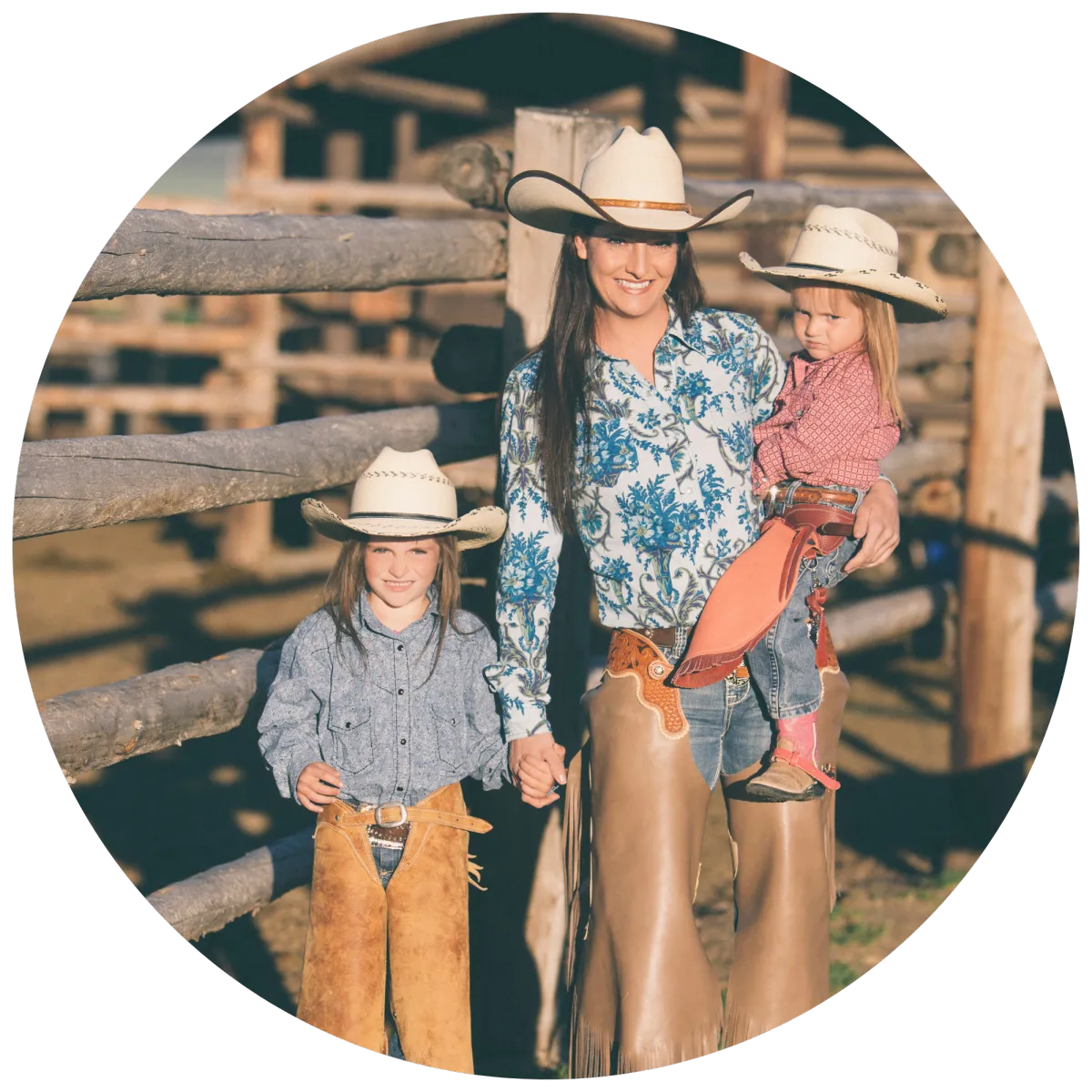The
AUSTRALIAN WOMENS HUB
Giving all Australian Women the key information, support and
networks they need, all in one place!
Because you deserve it.

Your #1 priority - your health
- Health Checklist per decade
- Where to get additional help - genuine resources
-Understanding Medicare and Private Insurance

Realistic and Edible Nutritious Tips
Sick of fad diets, weighing your food, etc etc.... us too! We are busy, sick of gimmicks and hard sells and just want quick and super easy suggestions to get our health back on track.

Exercise for the super busy woman
Don't have a lot of time, not a real gym gal, we hear ya sista.

I just want to sleep.......
Sleep deprivation can be bloody cruel. Get the experts guidance on works.

Your critical cancer checks and support
OUR PODCAST SERIES - Keeping it Real with Susan and Friends
We have a number of fabulous in person and online courses, workshops, webinars and events launching soon.
Season 1: #enoUgh - We interview experts and survivors of domestic and family violence.
Season 2: Women's Wellness - We interview experts
Thank you to our wonderful sponsors and ambassadors
Discover the heart of expertise and influence! Learn why exploring Our Ambassador and Panel Members is your gateway to visionary leadership and impactful insights.

What is Domestic Violence?
Domestic violence includes a wide range of behaviours usually between current or former partners, typically where one partner tries to control or dominate the other, or cause them to fear for their own, their children’s or family and friends personal safety or wellbeing.
Domestic and family violence and coercive control can impact anyone, regardless of age, ability, ethnicity, sexual orientation, gender, location and socio-demographic groups.
If you are concerned you or your loved one is experiencing domestic abuse, please look at the checklist below for assistance.
We can help you find the help you need. You are not alone! We can help discuss your exit strategy, get you access to specialist support, take legal steps to help protect you and your family.
Please also refer to our website for contact numbers for Australian emergency domestic violence services..
NOBODY EXPECTS VICTIMS OF DOMESTIC AND FAMILY VIOLENCE TO SUFFER IN SILENCE OR CONTINUE TO DEAL WITH ABUSE – NOT NOW, NOT EVER.
------
PHYSICAL OR SEXUAL ABUSE
Physical abuse involves causing OR threatening physical harm to control you, for example:
slapping, hitting, kicking, punching,
choking, suffocation or strangulation; anything that prevents you from breathing normally,
anything that causes injury,
threatening or actually damaging your property including punching holes in walls or breaking furniture, damaging your car and/or belongings,
threatening to harm you or your extended family or friends,
physically restricting your movement, for example locking you in a room or house or preventing you from leaving,
threatening to, or actually, harming your children or your pets.
Sexual abuse can include:
forcing or coercing you to have sex or engage in sexual acts without your consent,
unwanted exposure to pornography or forcing you to engage in pornography,
deliberately causing pain during sex,
using sexually degrading insults or humiliation during sex,
not letting you use contraception or forcing you to use contraception that you do not want to,
tampering with your contraception without your knowledge,
pressuring you to have a termination you don’t want, or not allowing you to access a termination of pregnancy,
forcing someone to participate in sexual acts (not consenting),
threatening to post explicit images or videos of you - ’revenge porn.’
EMOTIONAL and PSYCHOLOGICAL ABUSE
They can be mean but is that emotional or psychological abuse?
Emotional or Psychological abuse is not always easy to identify, but it can really lower self-esteem and your confidence, leave you feeling scared and threatened. It can include:
constant criticism, put downs and name calling, often in relation to your appearance, level of attractiveness, or parenting ability,
controlling what you eat or wear,
intentionally belittling and embarrassing you in front of others (in person or by email, text etc),
threatening they will commit suicide or self-harm to intimidate and control you,
threatening that they have or will get a gun licence,
deliberately trying to turn the children and friends against you,
controlling your access to medications or any other health assistance,
preventing you from going to hospital when injured,
gaslighting you – playing mind games which causes you to doubt your own memory, recollection of the events, perception, sanity,
trying to convince you or spreading rumours that you are crazy or a liar or suicidal,
repeated threatening or aggressive text messages, phone calls or phone messages or DM’s,
blackmailing or extorting you over something includes messages, photos, family secrets,
stalking:
following you on foot or in the car to your home, workplace, your relatives homes, places they know you will be on various days/times,
frequent ‘drive-bys’ of your home or workplace etc,
taking and reading your mail or going through your rubbish bins,
constant phone calls to you or family and friends, day and night (including hanging up),
waiting outside your home, workplace or study areas,
leaving unwanted notes or gifts for you to find;
talking to friends, neighbours or your children about your movements or activities,
constantly keeping check on where you are and what you are doing.
COERCIVE CONTROLLING BEHAVIOUR
Coercive control is a form of domestic and family violence. It is a pattern of abusive behaviours used against a person to create a climate of fear, isolation, intimidation and humiliation. Coercive control can include physical and non-physical forms of abuse, and may involve a pattern of one or more of the types of abuse detailed on this page. This includes forcing, intimidating or manipulating a person to do things they don’t want to do. It might make you feel unsafe, scared, threatened or like you are walking on eggshells.
TECHNOLOGY BASED ABUSE
Technology-based abuse and surveillance can include:
constantly texting or direct messaging or calling you or your family,
checking your phone and other devices without your permission,
denying you access to technology or internet access or monitoring your internet usage (looks at your browser history etc),
monitoring you on social media, or actively abusing and humiliating or defaming you on social media,
using tracking devices to monitor your whereabouts (with or without your knowledge) including spyware on mobile phones, GPS trackers attached to vehicles, cameras in children’s gifted toys, geolocation through Facebook photos, cameras hidden behind photos that are sent,
taking video or audio-recordings of your home, car and workplace, with or without your consent or knowledge,
posting sexually explicit images or videos of you online without your permission,
identification theft to access your information including accessing your credit report (which contains a lot of personal information), health or banking details, MyGov account, private medical benefits insurance, frequent flier programmes,
using pretexting to gain access to your bank accounts, telephone records, cancel your credit cards, electricity, gas and credit cards, affect your business records and business reputation,
impersonating someone to get access to personal information.
FINANCIAL ABUSE
Financial abuse may often start with subtle, controlling behaviours and end up with someone taking complete control over your money and finances, for example:
getting very angry about you spending money which would be reasonable to spend,
taking your work related income or welfare payments or restricting your access to joint bank accounts,
stealing money from you or your family;
refusing to pay for yours or the children’s necessary items such as food and medicine,
misusing your joint money or property, or threatening to do so,
forcing you to file false tax claims or other legal/financial documents,
making you feel as though you don't have a right to know any details about money or household decisions,
making key financial or investment decisions that affect you or your family without consulting or reaching an agreement with you,
forbidding you from working or attending educational or training sessions,
removing you without your consent from the family private medical benefits,
putting bills in your name and running up debt in your name or joint names,
forcing you to apply for a credit card or personal loan in your name, against your wishes,
making you sign contracts or loans, mortgage documents, legal documents such as Wills,
forcing you to agree to a power of attorney which would enable your partner to legally sign documents without your knowledge or consent,
forcing you to work in a family business without little or no pay,
running up debts in your name or joint names,
refusing to work and intentional disinterest in finding a job to help support the family,
gambling joint money,
refusing to pay child support,
threatening to falsely report you for 'cheating' on your benefits so they will be cut off,
forcing you to cash in, sell or sign over any financial assets or inheritance you own including shares or property.
SOCIAL ISOLATION ABUSE
Social isolation may often start with subtle, controlling behaviours that can end in completely isolating you from your friends, family and support networks, for example:
continually criticising your friends and family,
purposefully humiliating you in public or in front of other people,
moving you away to a geographically isolated location to further separate you from your support network,
preventing you from getting your drivers licence or taking other transport,
refusing to allow you to have any employment,
controlling which friends and family members you have contact with.
VERBAL ABUSE
We often say things we regret, especially in the heat of the moment, but is that verbal abuse?
It can include abuse to your face or electronically including:
aggressive yelling, shouting or swearing,
using words to intimidate or cause fear,
frequently accusing you of having affairs,
constant criticism and put downs.
public humiliation.
RELIGIOUS AND SPIRITUAL ABUSE
ridiculing beliefs, customs, cultural traditions,
forcing you to join their religion,
stopping you from taking part in your religious or cultural practices,
misusing spiritual or religious beliefs and practices to justify their abuse and violence.
IDENTITY BASED ABUSE
Identity-based abuse is often specifically targeted at people from the LGBTIQ+ communities. It can include:
threatening to reveal your sexual orientation—outing you—to others,
threatening to reveal your HIV status to others,
using your concern that support services may be homophobic or transphobic to discourage you from seeking help,
isolating you from your family, community, or LGBTIQ+ spaces, or threatening to isolate you if the relationship ends.
PLEASE NOTE:
1. You don’t have to be legally married to experience domestic violence in a relationship!
Violence is considered domestic violence when any of the behaviours listed above take place in any of these relationships:
an intimate personal relationship—two people of any gender, who are, or were, a couple, engaged, married, in a de facto relationship, or parents of a child.
a family relationship—two relatives (by marriage or blood), including a child over 18, parent, stepchild, stepparent, brother, sister, grandparent, aunt, uncle, nephew or niece, as for some community groups, a person who is not related by blood or marriage but is considered a relative.
an informal care relationship—one person who is, or was, depending on another person for help with daily living activities (not paid services).
2. Domestic Violence extends to children seeing violence, like their parent being hurt, being called names, things being broken or police arriving.
3. Before you decide to leave a domestic violence situation, it is best to ensure you have a safe exit strategy. Where possible, seek assistance to plan a safe departure for you and your children. If it's an emergency call 000.
All forms of domestic, family and sexual violence are serious and never acceptable.
This site is brought to you by Family Counselling Support Network
Book in directly with one of our professionals today


We are committed to protecting your personal information and respecting your privacy. This website uses cookies to analyze website traffic and optimise your website experience. By accepting our use of cookies, your data will be aggregated with all other user data.
DISCLAIMER: The material contained on this website is for general educational and information purposes only and is not a substitute for professional legal, financial, medical or psychological advice or care. While every care has been taken in the information provided, no legal responsibility or liability is accepted, warranted or implied by the authors or Family Counselling Support Network and any liability is hereby expressly disclaimed. For specific advice please contact us at [email protected]. All information contained on the website remains the intellectual property of Family Counselling Support Network and is for your personal educational use only. The information must not be reproduced or distributed without the express permission of Family Counselling Support Network.
Family Counselling Support Network acknowledges and respects the First Nations Custodians of the land where our offices stand, and where we work to help Australians. We pay respects to their Elders, past present and emerging, lore, customs and creation spirits. We recognise that these lands have always been places of ceremony, teaching, research and learning, and we acknowledge the important role Aboriginal and Torres Strait Islander peoples play in our community.
We are committed to providing an inclusive and accessible environment where people and communities of all identities and backgrounds are accepted, safe and celebrated.
Privacy Policy | Terms and Conditions


















